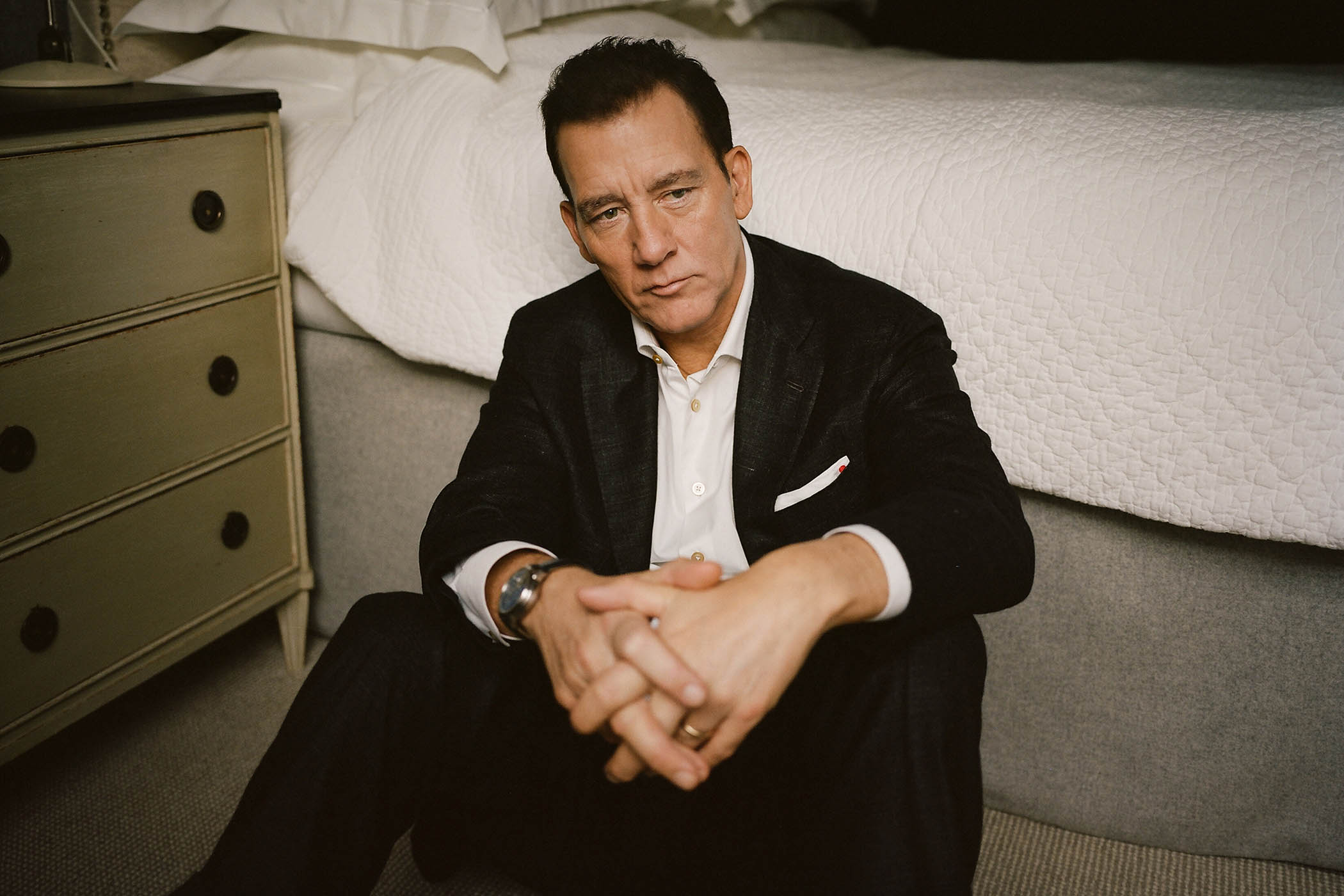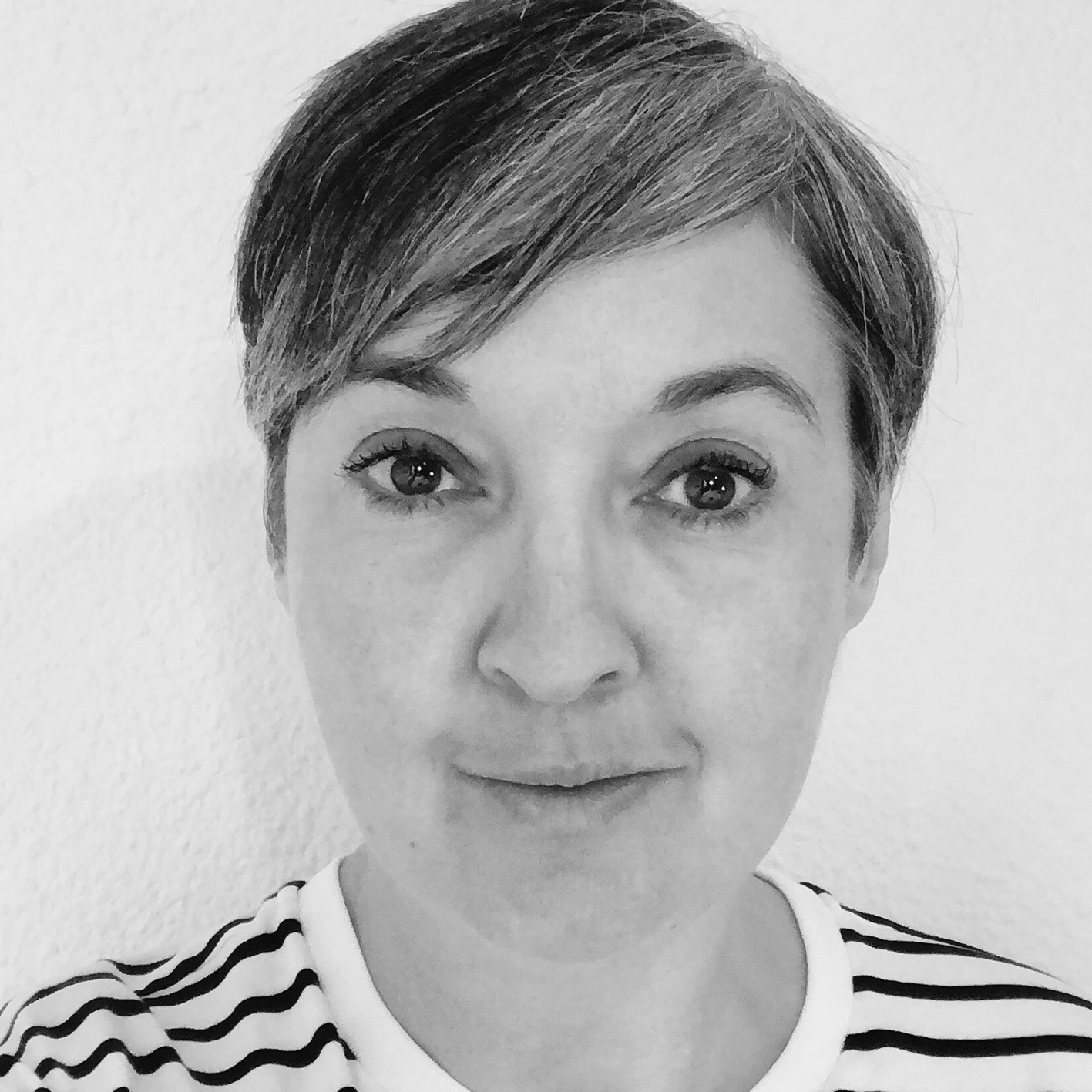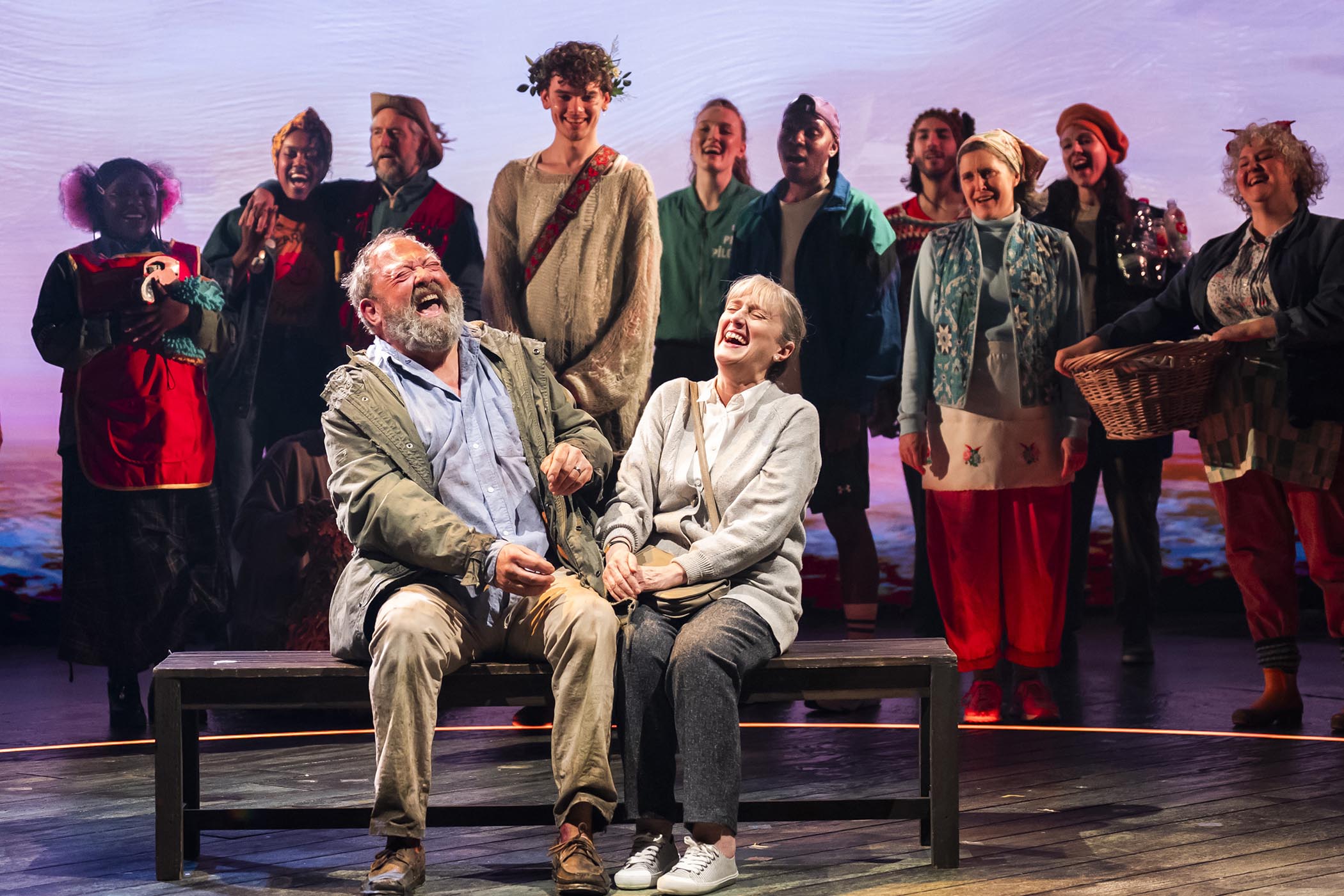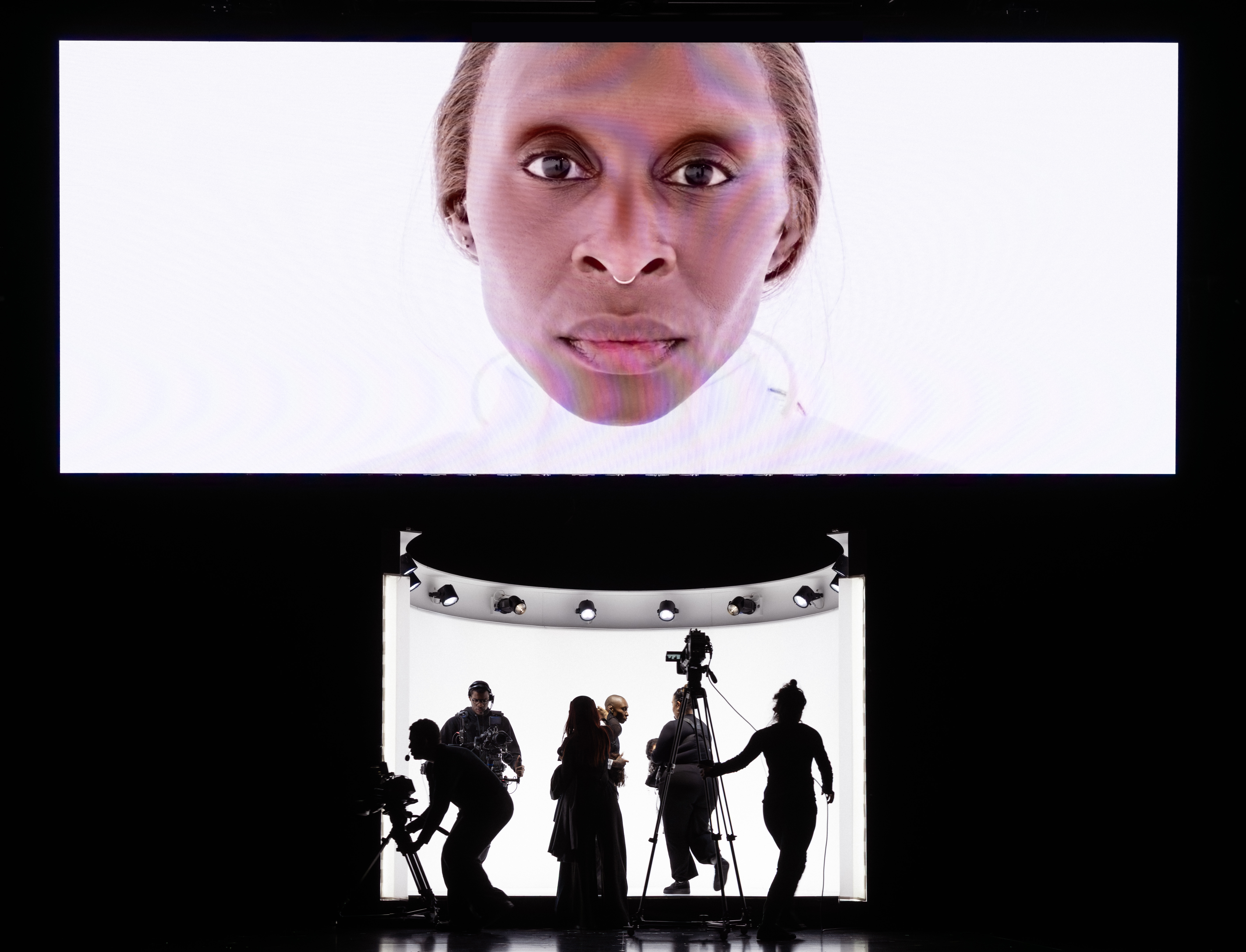Clive Owen, 61, decided to pursue acting at 13 after playing the Artful Dodger in a school production of Oliver! His breakthrough came in 1990, playing the titular rogue in ITV’s Chancer, before films such as Mike Hodges’s 1998 thriller Croupier brought him to Hollywood’s attention. A Golden Globe and Bafta winner for his role in 2004 drama Closer, he has starred in blockbusters including Children of Men, Inside Man and The International, and led big-budget US TV shows The Knick and American Crime Story. He is currently starring at the National theatre in David Eldridge’s play, End, alongside Saskia Reeves, and lives in London with his wife of 30 years, actor Sarah-Jane Fenton, and their two daughters.
It’s been six years since you did theatre in the UK. What brought you back?
Reading David Eldridge’s writing, and suddenly everything engaging and putting me back in touch with why I started doing this. It’s funny, I was on set in Canada saying, I’m not sure if I’m ever going to do a play again. Then End came along.
What’s it about?
It’s about a guy, a DJ and part of a couple, who has just heard that he hasn’t got long left, and it’s about them reconciling with how they’re going to enter this time. It’s not a heavy piece of writing, either. It’s urgent and full of life.
It brings you back together with Saskia Reeves – you played incestuous siblings in Stephen Poliakoff’s 1991 film Close My Eyes. How was that reunion?
I hadn’t seen Saskia in person for a very long time, so I was thrilled. I have fond memories of that film. Back then, I was being offered lots of mainstream TV after Chancer, but I knew that wasn’t what I wanted to do. Stephen was hesitant, possibly because I was on primetime TV, but I just remember thinking how important it was for me to do this, and I was right. When the film came out, one of the tabloids literally ran the headline: “Chancer in Incest Shocker!”
End also sees you returning to the small Dorfman [formerly Cottesloe] space of the National, where you played Dan in the original 1997 cast of Patrick Marber’s Closer.
Of which I have fond memories, too, because when that play first opened, it caused such a stir. But I didn’t do the transfer to the [larger] Lyttleton or the West End, so to be asked to play Larry in the film by [director] Mike Nichols, when he had already cast the other three [Julia Roberts, Natalie Portman and Jude Law], was so exciting. When you switch parts in a play, it’s a really special, rare experience: both familiar and totally new.
After Closer, you starred in 2006 near-future thriller Children of Men, about human infertility and the deportation of asylum seekers in the UK. What do you think of that film’s impact now?
Newsletters
Choose the newsletters you want to receive
View more
For information about how The Observer protects your data, read our Privacy Policy
It’s often the first of my films that people want to talk to me about. People forget it didn’t do well at the box office and got a bit lost, even though it was very ambitious and got good reviews. I went to a film festival a few months ago, watched it for the first time in many years and, without question, it has stood the test of time. It’s horribly prescient. Alfonso [Cuarón] was very clever to set the film only slightly in the future.
You also did a cameo in Curb Your Enthusiasm a few years ago. How was that switch to comedy?
People think I’m joking when I say this, but I came downstairs after they phoned me to offer me the part, and said to my wife, I’ve just had the call of my career. They pitched me the whole plot, but they could have said absolutely anything and I’d have said yes! I felt totally out of my depth when I was on it as the actors are all so in the groove of how to do what they do, but it was brilliant.
You were a teenager in Coventry at the turn of the 1980s. What was that like?
It was tough. I spent two years unemployed, signing on after leaving school, before I decided to apply to one drama school, Rada, and, hugely fortunately, I got in. I’d been lucky that Michael Boyd, who later ran the Royal Shakespeare Company, ran my youth theatre group in his first job.
You were also a big fan of the Specials, the two-tone band that reached No 1 with Ghost Town.
I remember seeing all of them together on a train once and being very excited. A few years ago, I ended up meeting, getting on and hanging out a bit with [the late Specials singer] Terry Hall. I had this really memorable dinner with him and the [Turner prize-nominated] artist George Shaw, who comes from a council estate in Coventry. Just to be these three Cov lads reminiscing, and to get to know Terry not just as a fan but as a friend, meant so much.
You’ve been married for 30 years and have two grownup daughters. What has family life taught you?
We’re very close as a family and see each other all the time, and that’s been great. Both our kids have gone into the arts – Eve’s a singer and Hannah’s a film editor. When people say, do you really want to let your children go into the arts?, I felt, well, [the arts] have always been so good to me. When Hannah went to film school, I was thrilled she leaned into editing, because it’s still a fundamental area that’s pretty underrepresented by women.
You were long rumoured to play the next James Bond and said, ‘Bond was the best thing that never happened to me’. What advice would you give the next 007?
I didn’t say that. Someone once asked me about my fear of badgers, and that isn’t true either! But I’ve no idea. It would totally depend on what take they were going to have on the film. The one piece of advice I’d give to actors is that you can get the biggest break in your career from a tiny film that nobody thought would do anything. Mine was Croupier, which introduced me to America. The reality is that the best career move is just to be good. Don’t worry about chasing the big one. Just do the thing that sets you alight.
End is at the National theatre until 17 January
Photograph by Alice Zoo/The New York Times via Eyevine



